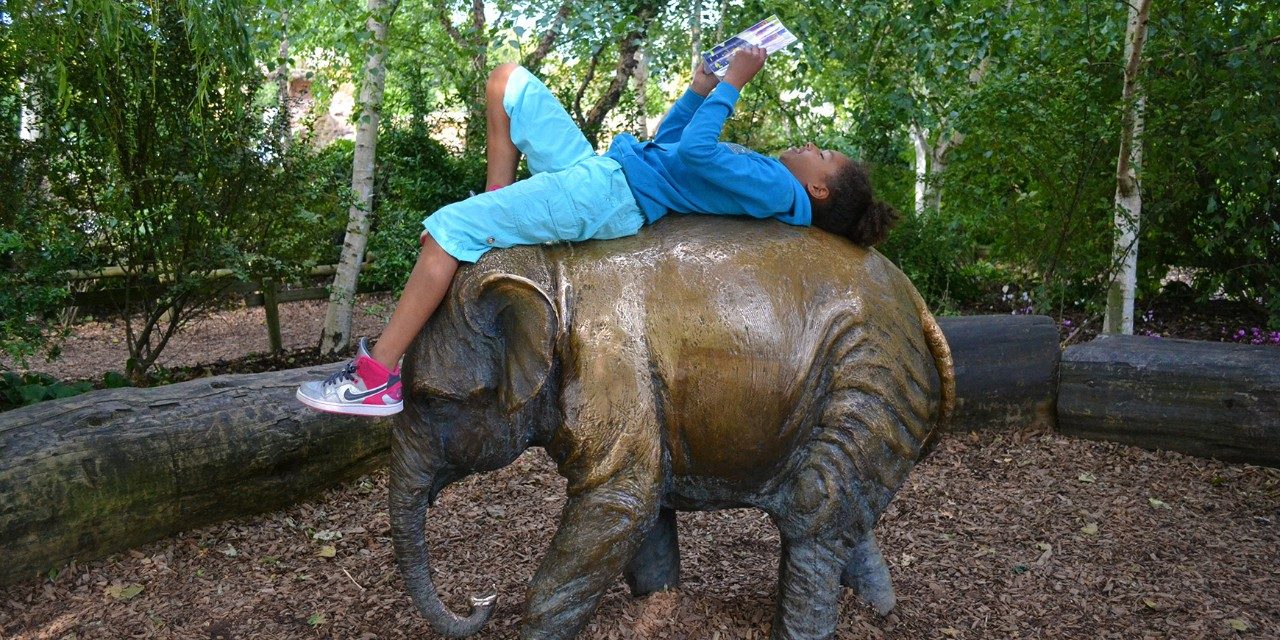Case study – assessing a child with a childhood trauma and hyperactive behaviour
by

Hyperactivity disorders include the ones characterised by inattention, impulsivity and hyperactivity. The number of children with a hyperactivity disorder (as defined by ICD-10) is likely lower than the number of children with ADHD (as defined by the Diagnostic and Statistical Manual of Mental Disorders (DSM-5) as hyperactivity disorders have a more restrictive set of criteria.
About one in sixty (2.1%) 5 to 19-year olds had a hyperactivity disorder, with rates higher in boys (2.6%) than girls (0.6%).
Understanding family circumstances and past therapy
I first met Jacob when he joined the school with his older brother during Year 1. The school described the older sibling as a young man in Year 2 with an Autism Spectrum Condition (ASC), but they found it difficult to describe Jacob’s behaviour. As a result of the planning meeting, it was decided that I, as School Educational Psychologist, would observe Jacob initially to see the types of extreme behaviour school were reporting.
Jacob had experienced a trauma at the age of 4 and since this time the children had moved areas several times and moved from living in their mother’s care to living with their father. At a previous local school, Jacob had been offered some therapeutic sessions to help to address the trauma, but this had little impact on his behaviour in the classroom. Due to the nature of Jacob’s previous experience, it was difficult to know whether the behaviour was linked to trauma and attachment or in addition to this there was a further underlying difficulty.
Observations-based hypothesis and Art Therapy
Observations of Jacob and consultations with his father and staff getting to know him led to a hypothesis about a hyperactivity disorder as well as attachment and a response to trauma. This was the start of long relationship between me, Educational Psychologist (EP), and Jacob. Due to the nature of his previous life experiences, it was essential that Jacob was able to build trust with those adults supporting him in school and more widely with school. Jacob accessed a varied number of interventions within the school wellbeing and behaviour team. He was referred to the Behaviour Provision for the Neighbourhood and accessed 1:1 and small group specialist teaching in the provision. He also accessed weekly Art Therapy with an Art Therapist.
My role over the following years was to support Jacob through observations, consultations and reviews of progress and interventions in place. I completed observations in both settings, mainstream school and the behaviour provision. I was able to provide training and advice to staff at the provision on using therapeutic play to support children’s wellbeing and mental health. Jacob’s father was also supported in his ability to care appropriately for the children and manage Jacob’s hyperactive behaviour more effectively. It was evident from Jacob’s work that he was academically able. However, his difficulties with hyperactive behaviour meant that he couldn’t always access the social environment or the learning.
Next steps to address complex needs
With the support of Jacob’s father and staff, I initiated a referral to the Community Paediatricians. The assessment was concluded and the work I had completed over time with Jacob was used in this process. In order to be able to access the specialist provision and mainstream classroom, Jacob required consistent support from a team of trusted adults. As a consequence of the high level of support needed and the progress made over the next two years, I supported an application for an assessment for an Education Health and Care Plan. Now in Year 4, Jacob is accessing appropriate provision for his complex needs and he is making good progress according to behaviour and learning.
About the author
Dr Melanie Adkins is a Senior Educational Psychologist and Play Therapist in a local authority (LA) and runs her own company, Colour Me Happy Ltd. Melanie trained as an Educational Psychologist at the Tavistock Centre in 2005/6 and has been working in the same LA since this time. She completed her Doctorate in Educational Psychology at UCL, between 2008 and 2014, whilst working and starting her family
